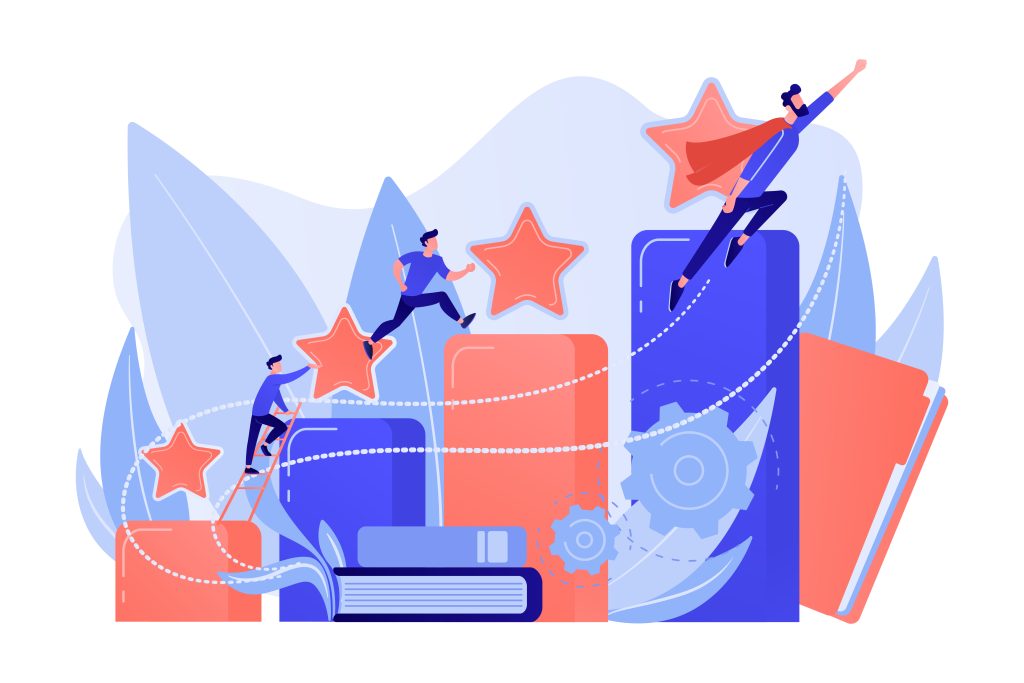The idea that short-term challenges lead to long-term wins is gaining momentum in wellness and personal development. Whether it’s a month-long exercise burst, a gratitude challenge, or temporary digital detox, these short efforts can spark habits that last years and permanently shift our health, mindset, and resilience.

What Is a Short-Term Challenge?
Short-term challenges range from structured programs—like a 30-day push-up routine or a week of mindful practices—to self-designed goals such as daily journaling for two weeks. They are time-limited commitments that demand consistent effort over a defined period.
When executed thoughtfully, these challenges:
-
Provide immediate motivation
-
Offer quick feedback
-
Lay the groundwork for lasting routines
Why They Work: The Science Behind the Strategy
1. Neuroplasticity Through Repetition
Short-term challenges reshape the brain. Adopting new routines stimulates neuroplasticity—changes in neural connections that support learning. For instance, brief aerobic activity programs have shown enduring improvements in cognition and emotional regulation years later.
2. Resilience from Controlled Stress
Brief exposure to challenge (such as rigorous workouts or digital fasting) triggers hormesis—a beneficial stress response that strengthens mind and body .
3. Delay of Gratification
Challenges help practice delaying gratification. Regular completion of short-term goals reinforces patience and impulse control, supporting healthy lifestyle choices like exercise and nutrition .
4. Momentum and Habit Formation
Completing a challenge builds motivation to continue. One research review noted that habit formation benefits from early momentum—feeling progress sparks commitment to longer routines.
Current Trend: The Rise of Micro‑Challenges
Modern wellness apps and programs now include frequent micro-challenges like:
-
Five-minute gratitude journaling daily for a week
-
Short daily walks for 21 days
-
Evening digital-free zones
A UCSF–UC Berkeley study found that just 5–10 minutes of joyful micro-acts over a week boosted emotional control and reduced stress . These challenges are designed for fast feedback and lasting impact.
How to Turn Short-Term Challenge into Long-Term Win: Your Guide
Step 1: Choose Your Challenge
Pick a simple, engaging target (e.g., 10 push-ups daily for 14 days, or gratitude journaling every morning for two weeks).
Step 2: Set Smart Goals
Apply the SMART criteria—Specific, Measurable, Achievable, Relevant, Time‑based. Example: “I will walk 10 minutes after lunch each workday for two weeks.”
Step 3: Track Progress
Use a habit-tracking checkbox or app. Visual progress boosts motivation.
Step 4: Build Support
Share goals with friends or a community group. Accountability fuels consistency.
Step 5: Reflect and Expand
At the end of your challenge, note the effects: Did sleep improve? Stress lessen? Energy rise? Decide if you’ll extend the challenge, make it a habit, or take a new one.
Step 6: Reinforce Gains
Integrate what worked into daily life—maybe walk after meals becomes a regular habit or journaled gratitude becomes a weekly ritual.
Real-World Examples
Workplace Wellness Programs
While short-term initiatives sometimes miss the mark, consistent challenges integrated into culture show real change. Ongoing fitness contests or multi-phase programs are linked to improved employee health and engagement.
Personal Journey: 30-Day Gratitude
A user adopted a 30-day gratitude journal challenge. Daily reflection led to improved mood, sleep, and compassion. Post-challenge, journaling became a weekly habit that continues to support wellbeing.
Benefits You’ll Feel
-
Elevated emotional resilience: Small stressors help train your stress response.
-
Greater self-trust: Completing short efforts builds self-efficacy.
-
Improved habits: Micro-wins pave the way for sustained healthy behavior.
-
Better mental clarity: Focused routines reduce mental clutter and enhance purpose.
Potential Pitfalls (And How to Avoid Them)
-
Too ambitious: Overly intense challenges can burn you out. Start small.
-
Infrequent: One-off efforts won’t stick. Aim for 2–3 mini‑challenges per year.
-
Missing wrap-up: Don’t end without reflecting. Document wins and plan next steps.
Looking Ahead: Why This Matters in 2025
The wellness industry is embracing flexible, short-term challenges as a staple format. McKinsey’s 2025 future-of-wellness report highlights how blending immediate gratification with long-term benefit messaging drives consumer behavior .
Apps offering challenge streaks and communities are thriving—people want quick feedback now and results that last.
Conclusion
If you’re looking to transform your health, mindset, or habits, starting with a short-term challenge is a smart move. When designed and executed correctly, short-term challenges lead to long-term wins—laying the foundation for new habits, better stress response, and sustainable change. Begin small, keep it focused, reflect firmly—and you’ll unlock benefits that outlast the challenge.
References
- **Study: Long-Term Gains From Short-Term Exercise Programs**
Short, structured walking programs can deliver lasting health benefits years later.
→ https://www.wellable.co/blog/long-term-gains-from-short-term-exercise-programs - **”Too Busy to Focus on Your Happiness? Try Daily Micro‑Acts of Joy”**
UCSF/UC Berkeley’s Big Joy Project shows 5–10 minutes of daily mindful activity enhances well-being.
→ https://www.ucsf.edu/news/2025/06/430216/too-busy-focus-your-happiness-try-daily-micro-acts-joy - **McKinsey Explainer: What Is the Future of Wellness?**
Highlights future trends in wellness driven by micro-interventions and holistic routines.
→ https://www.mckinsey.com/featured-insights/mckinsey-explainers/what-is-the-future-of-wellness









